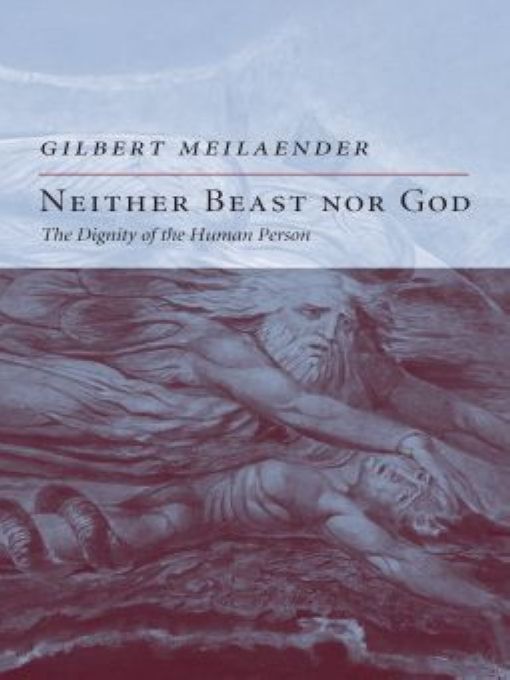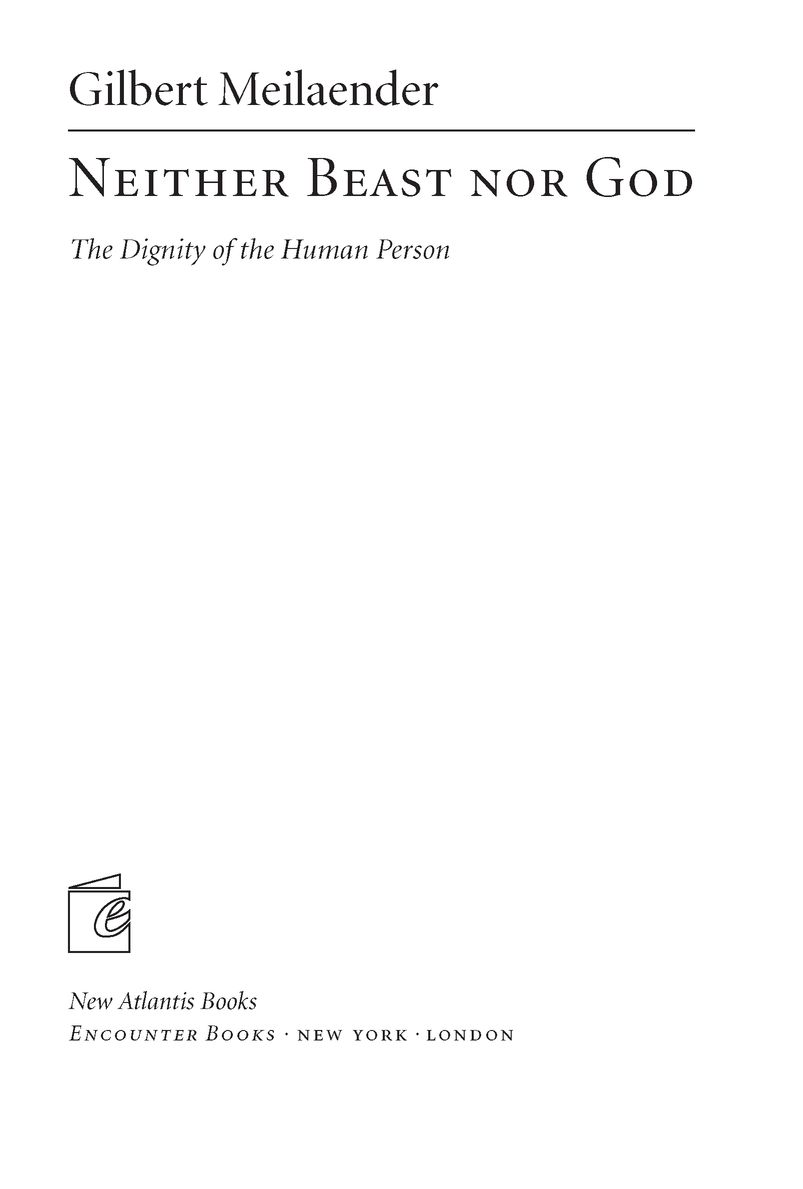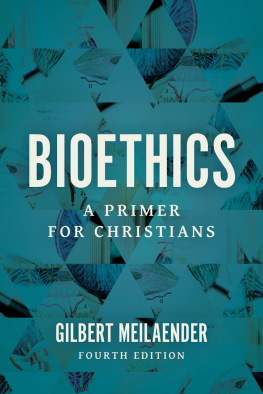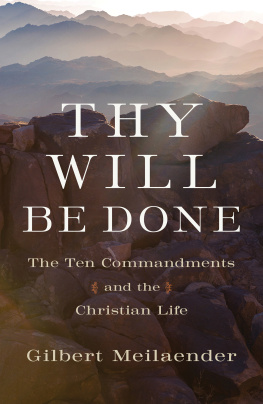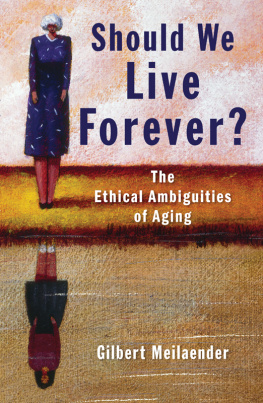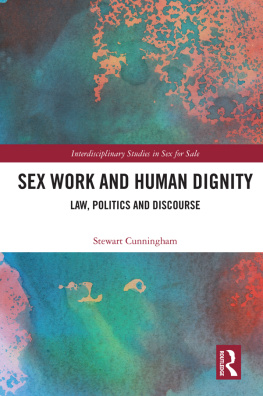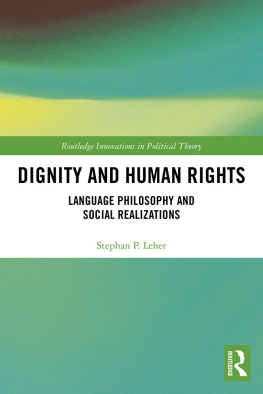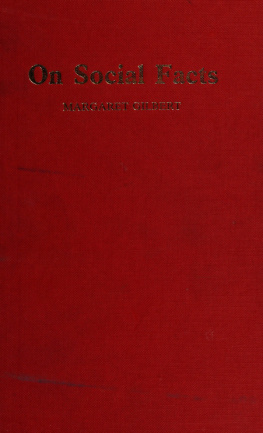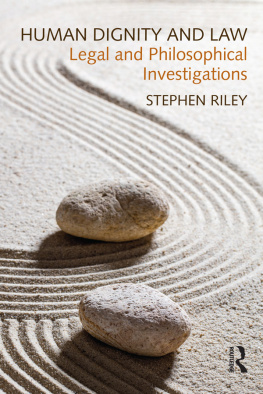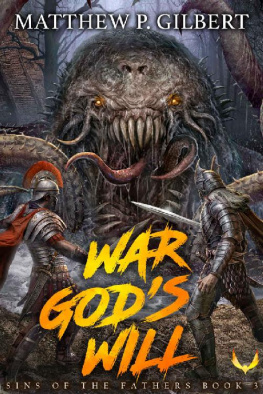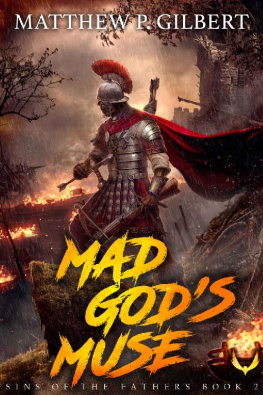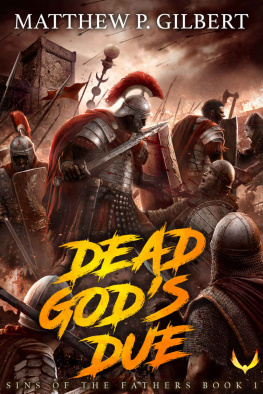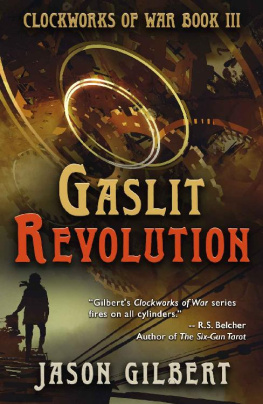Table of Contents
TO NICOLAS
I regarded myself preferably as a reader of the books, not as the author.
Preface
THIS SMALL BOOK on human dignity began to form itself in my mind as I puzzled over questions that arose in the work of the Presidents Council on Bioethics. Much of the book, therefore, concerns itself with bioethical matters, though it is hardly a typical work in that field.
Appeals to dignity have become very common in bioethics, though by no means only there. The word has been around for a long time, but it means many different things. The longer I puzzled over it the more I began to think that we need to distinguish especially two different senseswhat I here call human dignity and personal dignity. The concept of human dignity is simply a placeholder for what is thought to be characteristically humanand to be honored and upheld because it is human. The concept of personal dignity is needed to make clear that, however different we may be in the degree to which we possess some of the characteristically human capacities, we are equal persons whose comparative worth cannot and ought not be assessed. Im sure I do not have all the puzzles raised by the language of dignity perfectly sorted out here, but I hope at least to have found a helpful way into the discussion.
Much of the impetus that moved me to think through these matters has, as I noted, come along the way in the work of the Presidents Council on Bioethics. Beyond a shadow of a doubt, many of my colleagues on that Council would not share all the views I articulate here, but I thank them nonethelessand thank, at least as much, members of the Councils staff, especially Eric Cohen, Yuval Levin, and Alan Rubensteinfor the thinking they have forced me to do. In particular, I owe thanks to Leon Kass, with whom I have had many friendly disagreements as we tried to sort out the idea of dignity. He will not be completely content with what I write here, but he cannot entirely avoid responsibility for having helped to awakenand even to nurturethese thoughts in me.
This is not a work of theology in any technical sense, but it is, in certain respects, a piece of religious thinking. That is, I doubt whether we can understand dignity well without at least a modest anthropologywithout some notion of what it means to be the sort of creature a human being is. And I, at least, do not think this understanding can possibly be right if we abstract the human beings we seek to understand from their relation to God. Abstracted from that relation, they are simply abstractnot really what human beings are. Hence, I have not hesitated to think in religious terms when it seemed necessary to me, and I have proceeded from the venerable premise that faith seeks understanding. I hope to have found at least a bit of it.
CHAPTER ONE
Speaking of Dignity
OFFERING HIS OWN explanation for the confusing mixture of works he had writtensome published pseudonymously, others under his own nameKierkegaard distinguished between two quite different senses in which his writing had focused on the single individual. In the works written under different pseudonyms, the individual whom he had in mind was a distinguished persondistinguished, that is, by human excellence of one sort or another. But in the writings published under his own name, which he called edifying works, the individual was what every man is or can be. Hence, the single individual can mean the one and only, and the single individual can mean every man.
From one perspective individual human beings are members of a species that is distinguished from other species by certain characteristics. The species lives on, though its individual members die (and, indeed, probably must die for the health of the species). Almost inevitably, some individual members of the species display more fully or more excellently than others its distinguishing characteristics. In so doing, they give us some sense of what a human being at his best can be, and we may sometimes speak of their conduct as dignified. They are distinguished from the rest of us and offer an image of the flourishing of our full humanity. In so flourishing they display what I will call human dignity.
This way of thinking about dignity invites us to attend to at least two different but significant matters. The first grows out of the fact that human dignity is the dignity of a particular sort of creature, who is neither the highest nor the lowest sort of creature we can imagine. Indeed, the term dignity here is really just a placeholder, a shorthand expression for a certain vision of the human. Human beings are strange, in-between sorts of creatureslower than the gods, higher than the beasts. Not simply body, but also not simply mind or spirit; rather, the place where body and spirit meet and are united (and reconciled?) in the life of each person. Thus, Augustine writes, in a sentence that succinctly captures the point, God created mans nature as a kind of mean between angels and beasts.
This characteristically human dignity, this in-between status, does not always satisfy us, however, and so we may seek to be either more or less than human. As Filostrato, a physiology professor, says in C. S. Lewiss fantasy, That Hideous Strength: What are the things that most offend the dignity of man? Birth and breeding and death. Unsatisfied with our condition, we hope to reshape and master these central aspects of life and become more than human. Death must be conqueredor put off as long as possible. Reproduction must become the work not of the body but of will and mindand need no longer involve animal copulation.
The motives underlying such attempted mastery need not be obviously evil; indeed, they will almost surely include a desire to relieve the pains and disappointments of the human condition. But the price paid is what Lewis elsewhere called an abolition of man, a subverting of the character of our in-between status as beings marked by not just reason or will, not just strength or beauty, but by integrated powers of body, mind, and soul.
Filostrato was not mistaken to suppose that competing visions of human dignity come most clearly into focus when we think about birth, breeding, and death. How we come into being and how we go out of being are of central importance for any sense of what it means to respect (or undermine) human dignity. But human dignity also involves more than how we are born and how we die. To be born of human parents is to be connected in particular ways. We are located; we are not just free-floating spirits or citizens of the world. We do not spring up like mushrooms from the ground, and we therefore have special attachments to some, even obligations to which we never consented and which we never chose. These special attachments, loyalties, and obligations are part of what it means to be a human being. They too are integral to our dignity in the time we are given between birth and deatha time marked, usually, by growth and achievement, but also, usually, by failure and loss.
When dealing with either birth or death, our greatest temptation may be to use our powers of mind and soul to control and master our bodiesto be more than human. In much of life that comes between birth and death, however, we are increasingly tempted to see our problems not as invitations to mindful mastery but as bodily problems to be medicated awayas if we were less than human. Lifes difficulties become not an occasion for development of character and virtue but medicalized problems calling for a prescription.

